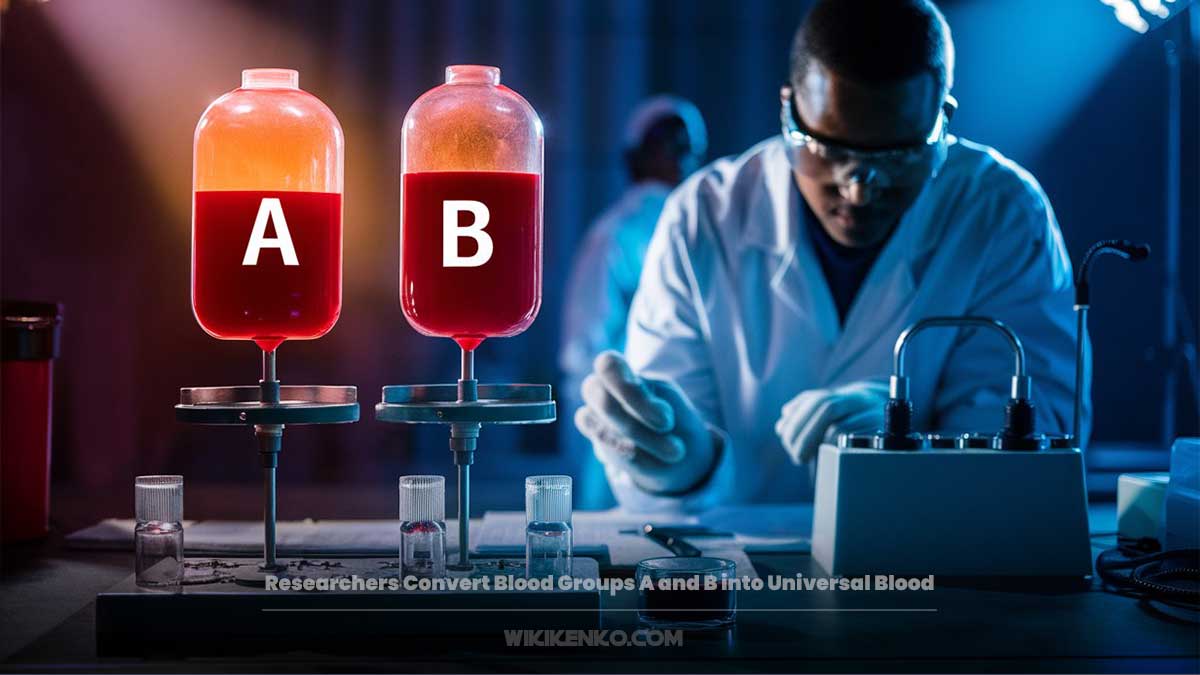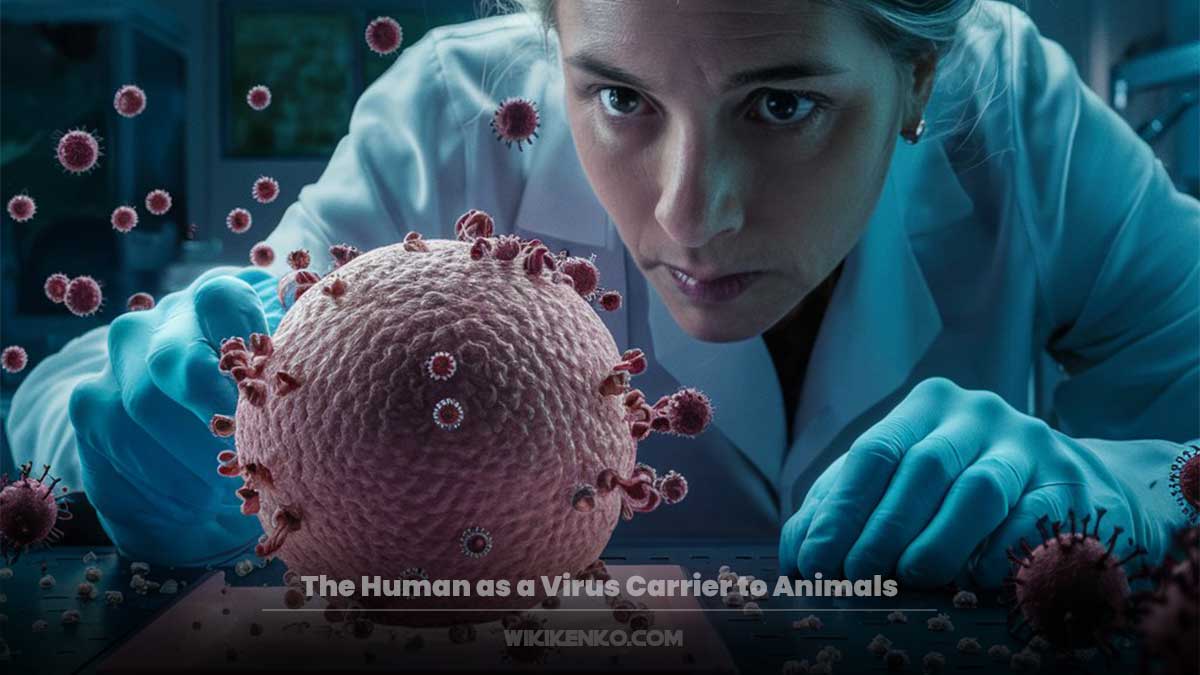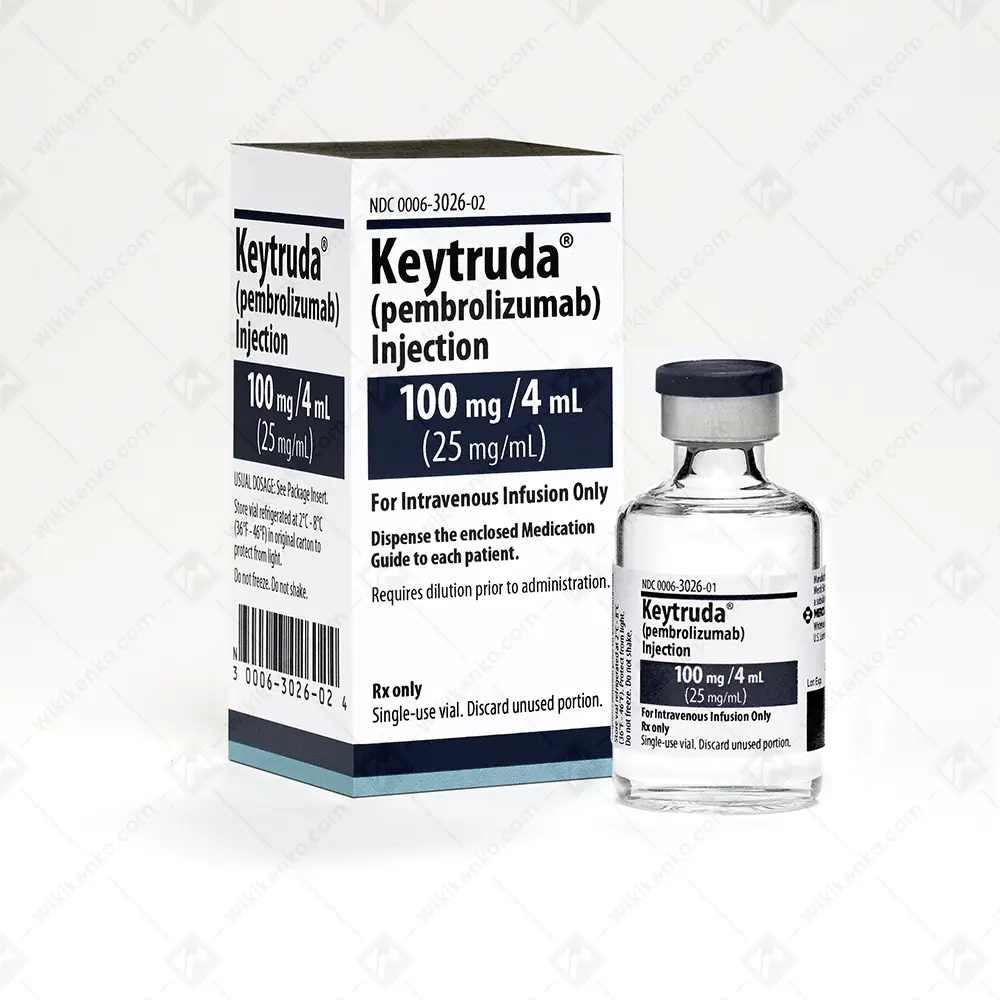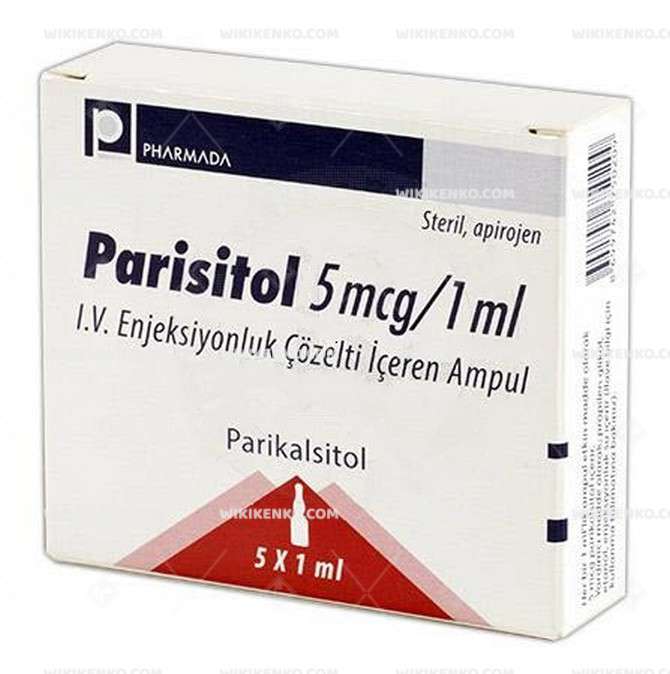In a groundbreaking development, researchers have successfully found a way to convert blood groups A and B into the universal blood group 0, a milestone that could revolutionize blood transfusions.Researchers in Scandinavia have discovered a method to transform the A and B blood groups into the universal group 0.
This remarkable discovery could potentially make life-saving blood transfusions more accessible and easier to perform, addressing the global shortage of blood supplies, reports “t-online”.
The Significance of Blood Groups in Medicine
There are 29 known blood groups in medicine, with the four most common being A, B, AB, and 0. During blood transfusions, the recipient’s blood must either match the donor’s group or be from the universal group 0. Mixing incompatible blood groups can lead to dangerous reactions, clotting, and even death.
The Conversion Process and Its Potential Impact
The researchers focused on the gut bacterium Akkermansia muciniphila, which has regulatory properties for the intestinal mucosa. They discovered enzymes within this bacterium that can convert the specific antigens on red blood cells to create the universal group 0 blood. This process takes only 30 minutes and is reported to be highly reliable.
According to the study published in “Nature Microbiology,” the discovery of these remarkably efficient enzymes could not only target the A and B antigens but also their attachments. This method could increase the availability of donor blood and simplify the logistics of blood supply for rare blood groups.
Expert Perspectives and the Road Ahead
Markus M. Müller, a hematologist at the Goethe University in Frankfurt am Main, sees great potential in this new technique and considers the results “scientifically and supply-technically interesting.” However, he notes that important animal trials are still needed to confirm the effectiveness and safety of this method.
If the initial promising results are validated in further tests, this discovery could indeed represent a medical sensation, revolutionizing the field of blood transfusions and addressing the global shortage of blood supplies.
Original source: This information was Initially covered by focus.de and has been translated for our readers.









